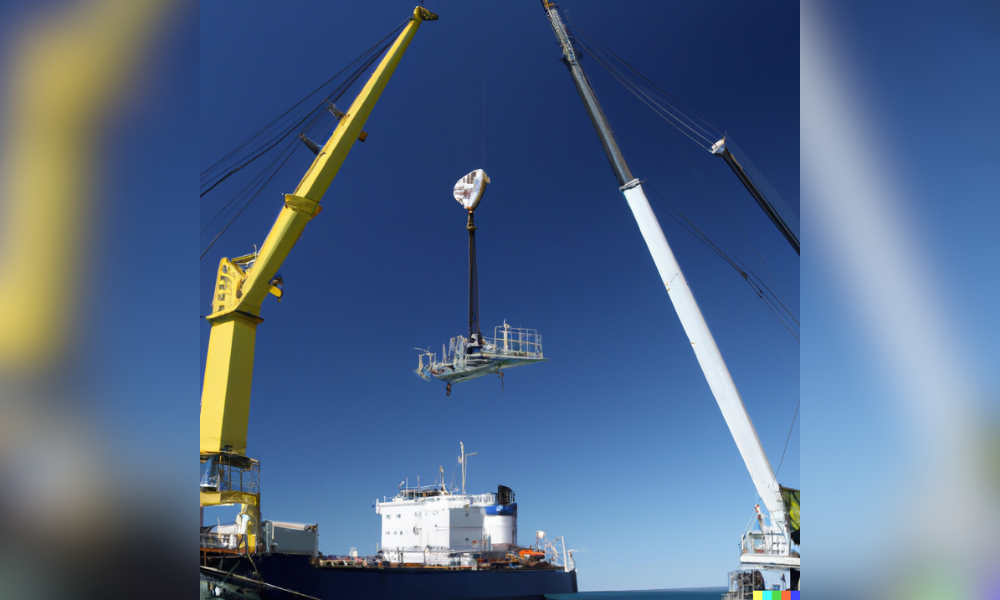
Union action hits major supply chain hub

A labor shortage at the ports of Los Angeles and Long Beach, the busiest ocean trade gateway in the United States, has resulted in significant disruptions. On Thursday evening, action by the International Longshore and Warehouse Union (ILWU) caused a substantial number of workers, including cargo operators, to fail to show up for work, according to the Pacific Maritime Association (PMA), which represents employers. The ongoing labor negotiations between the ILWU and employers have been tense for months.
The ILWU stated that the slowdown was due to workers attending a monthly membership meeting and observing the Good Friday holiday. The ILWU Local 13, which represents union members at both ports, confirmed that cargo operations were ongoing as longshore workers remained on the job.
The Port of Long Beach temporarily closed four of its six terminals when workers did not show up on Friday morning, but regular operations were expected to resume on Saturday. Meanwhile, the Port of Los Angeles officials were working with the ILWU, PMA, federal, state, and local officials to support a return to normal operations.
The labor dispute has caused significant disruptions and forced major retailers to shift cargo to East and Gulf Coast ports to avoid further disruptions. Negotiations to renew the labor contract between the ILWU and PMA began in May of last year. The ILWU and PMA have recently reached a tentative agreement on key negotiation sticking points and have committed to resolving the contract matter quickly.
However, the dispute is not happening at the worst time for employers. According to the Journal of Commerce, US import demand has been decreasing, with ocean carriers planning to cancel 50 voyages from China between the end of March and the end of April.
This represents a loss of 443,000 twenty-foot equivalent units (TEUs) of capacity, including 12 sailings from the Yantian International Container Terminal in Shenzhen, China.
This terminal has traditionally been a key player in the South China to North American and European trades. The decrease in imports from China in February, down 37% year-on-year, has contributed to this situation.
Furthermore, retail inventories in the US remain high, putting pressure on import demand. With a considerable amount of inventory already available, retailers are not purchasing as much inventory from overseas. As a result, ocean carriers have had to cancel voyages and reduce their capacity to adjust to the decreased demand.